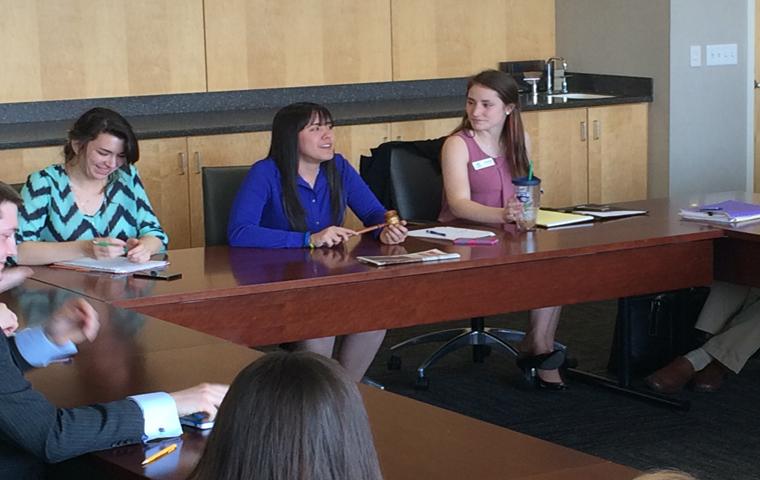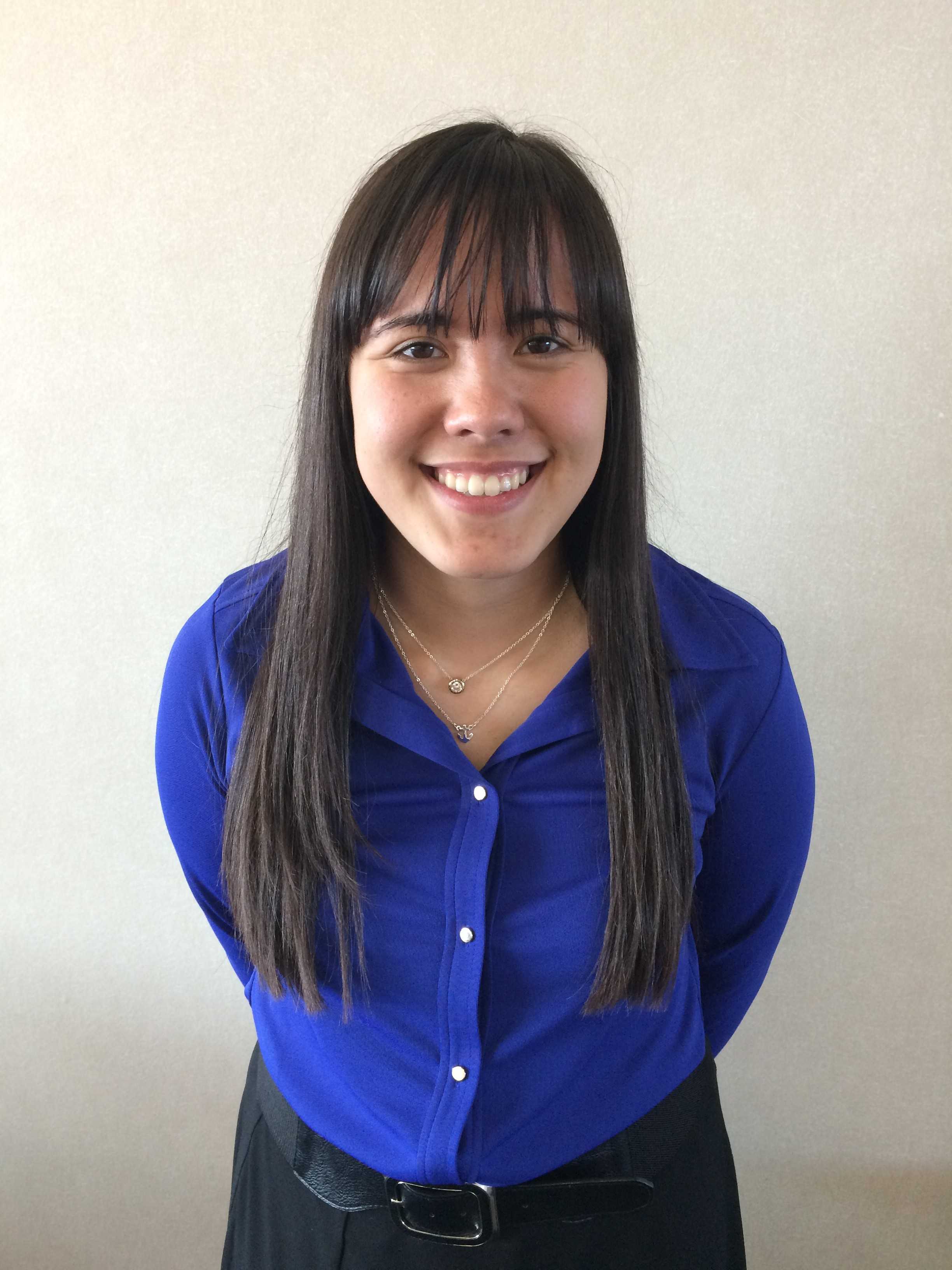
During her three years in SGA she served as a freshman member at large, a College of Business representative. She was also the founding president of Delta Epsilon Sigma Iota, an emerging leader mentor and a member of the Emerging Leader Program, as well as served on the 2014 SpringFest committee. Off campus, she serves on the Board of Directors of the Student Government Coalition.
Bueltel said she was shocked when she received word of her victory.
“There were three candidates for the position and it’s just gotten so much attention – and they were all very well-qualified candidates – and just knowing that in the end, I was the one students wanted was just amazing,” Bueltel said after her inauguration. “It’s just breathtaking and I can’t wait to be that person that students go to and really listen to what their concerns are.”
Bueltel said she can’t wait to see her platform points become a reality such as establishing the purpose of SGA – to be the voice of the student body.
“Just a few points that I really want to touch on (are): improving some of the dining experiences on campus, communication between students and the administration, and also just making students more aware of what resources are available to them, because there is so much out there that USI has to offer,” Bueltel said in an interview prior to her victory.
The first step, she said, would be to meet with Food Services and Associate Provost for Student Affairs Marcia Kiessling to see what goals are attainable, and then use that information to bring the plans forward.
Outgoing SGA president Zack Mathis said he witnessed Bueltel’s transformation through her various positions on SGA and is proud.
“(Bueltel) has been very hands-on in organizing lots of our events and I think that will continue in her presidency,” Mathis said. “She is a hard worker and is very organized and that should serve our student body well.”
More than 1,000 students voted in the 2015 SGA election with a response rate of 12.5 percent.
In the run-off election between Bueltel and Ninad, 996 students responded to the emailed ballot, at about an 11 percent response rate.



